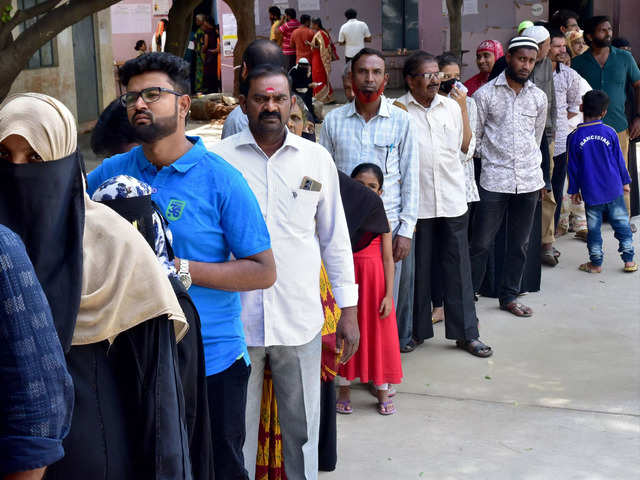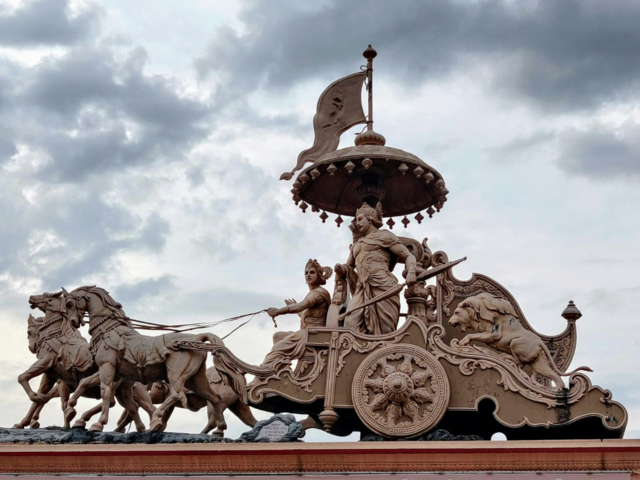
The short term is certainly going to be painful and there is no magic pill, but the future isn’t all doom and gloom.
Mar 30, 2020, 14:23 IST
ad-agencies
The disrupting effect of Coronavirus on the experiential marketing industry in India
Mar 30, 2020, 14:23 IST
The short term is certainly going to be painful and there is no magic pill, but the future isn’t all doom and gloom.
- Some industries like experiential marketing are taking the hardest hit simply because it operates on the frontlines of human engagement and connection.
- The short term, therefore, is certainly going to be painful and there is no magic pill, but the future isn’t all doom and gloom, writes
Ranjit Raina , CEO,Geometry Encompass . - He further shares how
Coronavirus could be an opportunity for the industry to rethink and calibrate the experiential industry
It’s week two of 'Remote Working', a more elegant way of saying work from home. Even a week later the swiftness of events as they have unfolded is hard to keep pace with. Long before the lockdowns we saw the almost instantaneous shutdown across different industries. Almost as if someone turned off the faucet. News of events getting cancelled across the globe started making news, and in a few days it wasn’t even news anymore, it became a forgone conclusion that live events would be cancelled. In the past week the impact on business has been a topic of most conversations. A google search for '
With the announcement of the 21 day national lockdown the impact of this crisis becomes absolute, however some industries like experiential marketing are taking the hardest hit simply because we operate on the frontlines of human engagement and connection.
In the India,
The short term is certainly going to be painful and there is no magic pill, but the future isn’t all doom and gloom. Periods of crisis and chaos have also seem the emergence of great opportunity. This is where we find the second crisis confronting the experiential industry, a crisis of an existential nature.
For an industry that is more than 3 decades old (give or take) we have not been the most innovative. While there have always been agencies and individuals who have embraced innovation more than others , as an industry we really haven’t. Let me digress to clarify, the mere adoption of new technology is not innovation. For too long we have all been guilty of maintaining the status quo and now we are faced with an unprecedented global event that will force us to reimagine the business.
In a post Covid-19 world, innovation is not going to be a choice. The disruption that we are seeing will force the experiential industry to innovate if it is to adapt to the new normal that will emerge in the coming months. We may not agree on how things will change in the coming months, but we cannot deny that things will most certainly change. Another undeniable fact will be the scale of this change.
Innovation will not be limited to just experiential products or service offerings , it will impact everything that we do as an industry. The way we work , the way we engage with our talent and stakeholders and the way we create engagement with clients and consumers .
The current crisis is like a boot-camp for managers of experiential businesses. We are being confronted with the most basic questions about business and how to manage them. Liquidity, overheads, talent and product, the current situation has challenged literally every facet of our business.
Always quick with the catchphrase, the industry is already abuzz with “digital events”, the new product on the block. Well, not entirely new, because interactive brand experiences being simulcast have been around for a while. The current situation has just highlighted their relevance. Another trend the current situation is bringing to the fore is the importance of content aggregation. The absence of professionally generated content is not an absence of content. The independent creators are taking center-stage and they will not be leaving for a while. With the proliferation of independent content we are witnessing the curator taking a lead in identifying content that is relevant to brands. In the times to come not just creators, but even curators will lead the experiential conversation.
This disruption will create a new normal for the industry and will have a direct impact on the biggest stakeholders of the industry, our talent. I am surprised by the ease we moved into remote working mode. While it may not be a natural form of working for most of us in the experiential space we have adapted to it fairly painlessly. With every passing day we get better at it and the system becomes more efficient. It’s not unthinkable to imagine that Work From Home becomes a new norm and not just an emergency business continuity protocol.
Agencies and individuals who can see beyond the short term hardship will also use this period to begin the process of upskilling ourselves and our talent. As storytellers for a new world we need to understand and embrace the tools that are already available. There are “plenty” of solutions available for experiential marketers; it’s all about being creative.
Coronavirus is an opportunity for us to rethink and recalibrate the experiential industry. Our reality has changed, it’s time we did the same.
- By Ranjit Raina, CEO, Geometry Encompass
INSIDER INTELLIGENCE REPORTS







